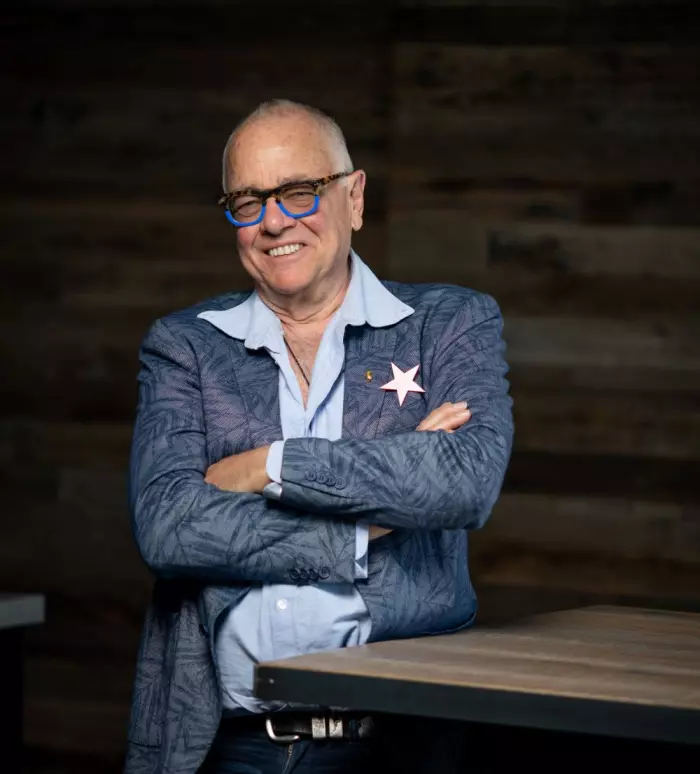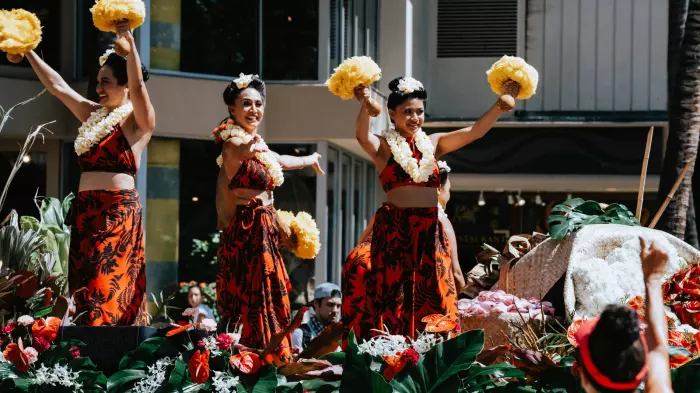Welcome to My Net Worth, our regular feature on the lives and motivations of our top businesspeople, in their own words.
Bruce “Pic” Picot tried his hand at a number of adventures – leather-sandal maker, travelling rock musician, restaurateur, furniture craftsman, sailing-school owner – before, in semi-retirement, he began his peanut-butter business in the garage of his Nelson home in 2007, selling jars at the local farmers’ market. It is now a multimillion-dollar enterprise with more than 50 staff and has become a substantial exporter through his close relationship with New Zealand Trade and Enterprise. A keen supporter of Tasman-area charities, fundraisers, community groups and schools, he was made a member of the New Zealand Order of Merit in 2018.
I was born in Wellington and lived there until I was 10. I grew up with a dad who was a grocer and I thought the grocery business was the most boring thing in the world. But my parents were amazing. I made it hard for them, though – I was a difficult teenager. I never got arrested or anything, but I would worry them.
We moved to Auckland and I started at St Kentigern’s but I didn't like it. The teachers would call us by our last names and would whack us with the cane if we misbehaved. I would have loved to have enjoyed school more. I did like woodwork, though – I built a little motorboat, an 11-footer, which we took fishing.
I wanted to be an architect because I quite like maths and science and my grandfather was an architect in Australia. I did a year and half at Auckland University but started falling asleep in lectures, so I dropped out.
I taught myself leatherwork and started making bags and belts and sandals. I turned my van into a workshop and took off to travel around New Zealand. That would have been about 1972. We got as far as Nelson and the van broke down. Nelson was fantastic, a sort of hippie town, and I made pretty good money. Then I went hitchhiking around America and ended up in this nasty drug gang in Denver, Colorado, and got myself really frightened. I took off in the middle of the night.
It was a little bit grim when I came back to New Zealand. My parents met me at the airport, which I wasn't expecting. And I was a bit, you know, slightly on another planet. I had a couple of weeks in a psychiatric ward. In hindsight, I think that did some terrible damage to me and I held on to that for quite a long time. Now, I’m very happy with my life.
My biggest learning is not to let fear hold you back.
I’ve written a book about my life called Pic: Adventures in Sailing, Business, and Love. When I was close to finishing it, I was really turning myself inside out. My editor said to me that it was okay to leave some things out about relationships and stuff, which was good advice. She also said I had to be prepared for bad reviews. Then I started to question myself: had I said horrible things about people and forgotten what I’d said? So I thought we could pulp all the books. Anyway, we didn’t.
 Pic Picot in 1985 with one of his business ventures.
Pic Picot in 1985 with one of his business ventures. I’m most proud of sailing around the Pacific, looking after my crew and dealing with everything that came along. I think that was a major achievement. I came back from that thinking, what am I going to do now? What can I follow this up with? It was difficult just getting back to a normal sort of system.
I bought a restaurant. And that was a catastrophe. It was just a terrible thing. But I don't believe in failures or success. Success seems so final: “I’m successful, so what now?”
Making money is a different thing. It’s been extraordinary to make some money from this peanut butter. People seem to listen to you just because you’ve made some money, which is mysterious to me.
I like spending money on going out, buying dinner and drinks for people. I like to pick up the bill and I like to be able to support the restaurants and pubs in Nelson.
My best business advice is to find something you’re enthusiastic about, that rocks your boat. It takes a little bit of courage to allow yourself to do that.
I'm legally blind, so I have computer programs that convert text to speech so I can go through my emails. I've got an extensive disclaimer at the end of my emails about not intending to cause offence or confusion! I've been forced to learn to delegate and to trust other people to get on with doing the work.
In my spare time I really like bricklaying – I've got tennis elbow at the moment from picking up bricks. I like planting things and messing about on my piano, catching up with friends and drinking coffee.
People are the most important thing in life. I've got a fiancée, Anthea, two children of my own and three stepchildren, and an extensive number of friends. I’ve written in my book about some friends who have passed away. I hate the idea of my memories of them ever being lost.
As told to Jacqui Loates-Haver.
This interview has been edited for clarity.










